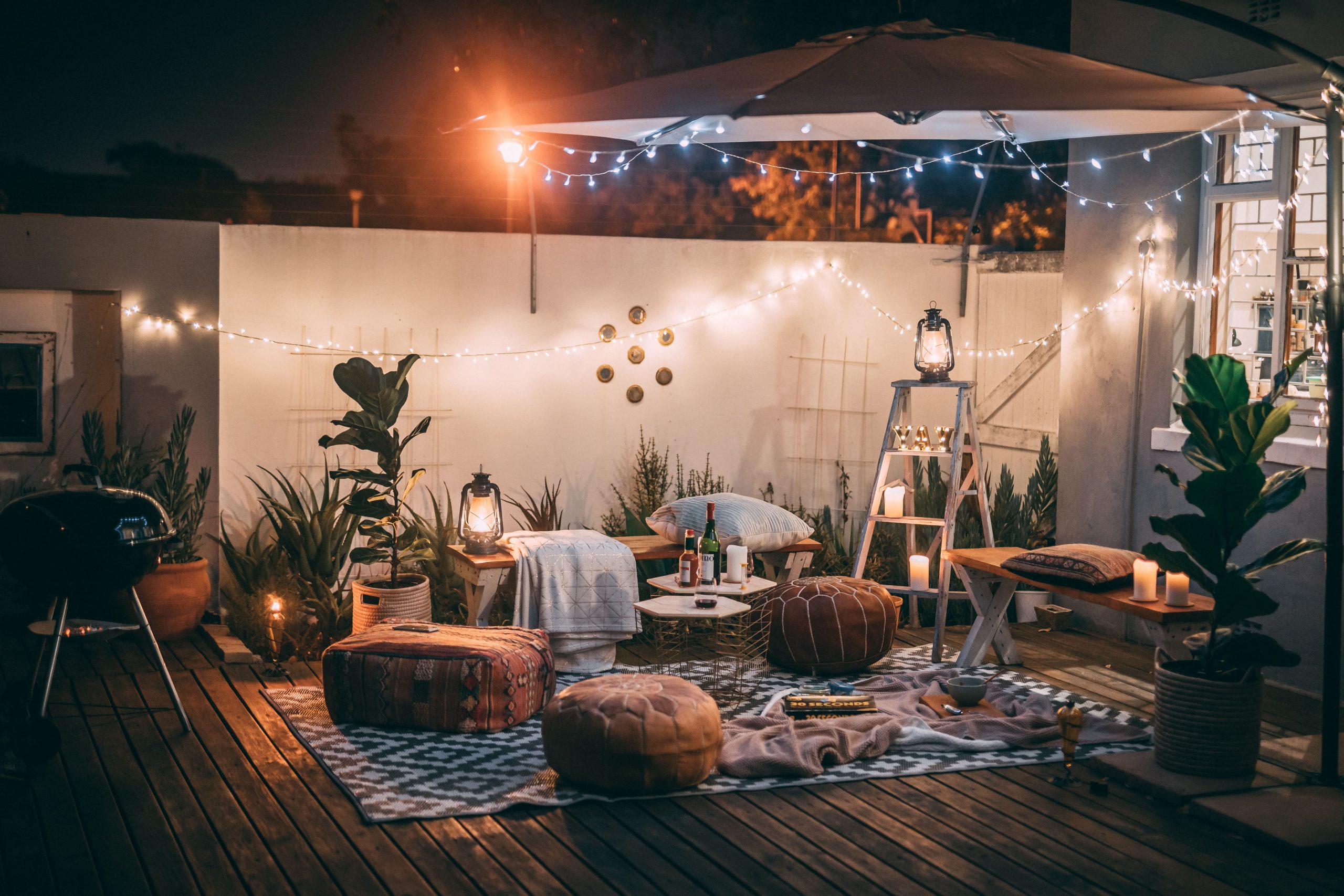The original version of this article was first published on Forbes by Bryan Robinson, PhD (follow him on Twitter).
Rituals such as anniversaries, birthdays, holidays, regular dinners together or even Friday movie night—are the glue that holds relationships together. Past research has shown that this glue serves to stabilize family relationships. Households that recognize and celebrate holidays, birthdays and anniversaries have stronger, more enduring relationships than those that don’t observe rituals.
Rituals are experiences we share with others that impact the ways in which we communicate. Most rituals are recurring events, though some (such as rites of passage) occur just once in a person’s life. Rituals have elements of routine, but they have symbolic meaning that goes beyond routine interaction.
Rituals And Dating Couples
A new study published in the Journal of Social and Personal Relationships suggests that the bonding glue that stabilizes relationships starts in initial dating phases. When dating couples engage in rituals together, they learn more about each other. And those experiences serve as diagnostic tools of where the relationship is going. In other words, will the relationship be short-lived or long-lasting? Rituals provide a unique time to review your partner and the relationship; you get to see a host of behaviors and interactions that might normally be obscured,” explains Chris Maniotes, lead researcher of the study, “Some of the ways rituals affected commitment to wed with these couples was by altering their view of their partner, giving them a new perspective.”
Maniotes along with a research team in the Department of Human Development and Family Studies at the University of Illinois analyzed in-depth interviews with 48 individuals (24 couples) in the Southwest region of the United States. Respondents were on average 23 years old and had been in their relationship for 2.5 years. They were randomly selected from a larger study examining commitment to wed in heterosexual dating couples over a period of nine months.
As the researchers looked at the impact of rituals, they discovered commitment to wed could increase or decrease, depending on the nature of the interaction. Rituals can reinforce bonds and strengthen commitment, but they can also showcase conflict areas and make people less likely to see the destination heading towards marriage. For example, holiday celebrations involving rituals could highlight interactions with extended family and provide a window into how people navigate through conflict. “Rituals seem to really play a role in pausing and slowing down individuals, helping them take a better look at their relationship. They help them see, ‘this is who we are as a couple; this is who we are as a family,'” Maniotes said.
Rituals may not be the defining driver of where a relationship is going, but along with a constellation of experiences and behaviors it brings up important nuances that affect couples’ decision whether or not to wed. Couples who are dating can benefit from understanding how rituals affect their relationship. That’s even more important during current COVID-19 restrictions, where rituals we used to take for granted are less predictable. “Just recognizing the importance of rituals in our lives, and the magnitude of the role they play, can help us integrate them in an intentional way,” Maniotes concludes. “Rituals have the power to bond individuals and give us a preview into family life and couple life. We found they help magnify normative relationship experiences.”
Applying The Research
During these extraordinary times of the Coronavirus, rituals are more important than ever to establish or strengthen relationship bonds. If you’re starting a new relationship, repairing a long-term connection impeded by overworking, or re-uniting with a previous romantic partner, you can apply this research to determine the destination of the relationship. What rituals can you establish or put back into your life to restore feelings of togetherness and heal broken patterns? Here are a few suggestions:
- Have dinner together at a set time on a regular basis without electronic devices.
- Establish a routine schedule to pursue mutual pastimes or hobbies to develop common ground.
- Attend online spiritual events such as church, synagogue or meditation groups on a specific day and time each week.
- Discover a special vacation location where you can go each year that builds intimate memories of your relationship.
- Celebrate holidays in ways that become traditional that all parties can look forward to and depend on.
The original version of this article was first published on Forbes.
If you are experiencing relationship problems, we offer relationship counselling sessions at LCC.





